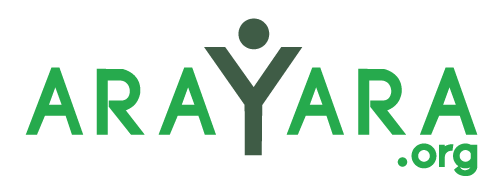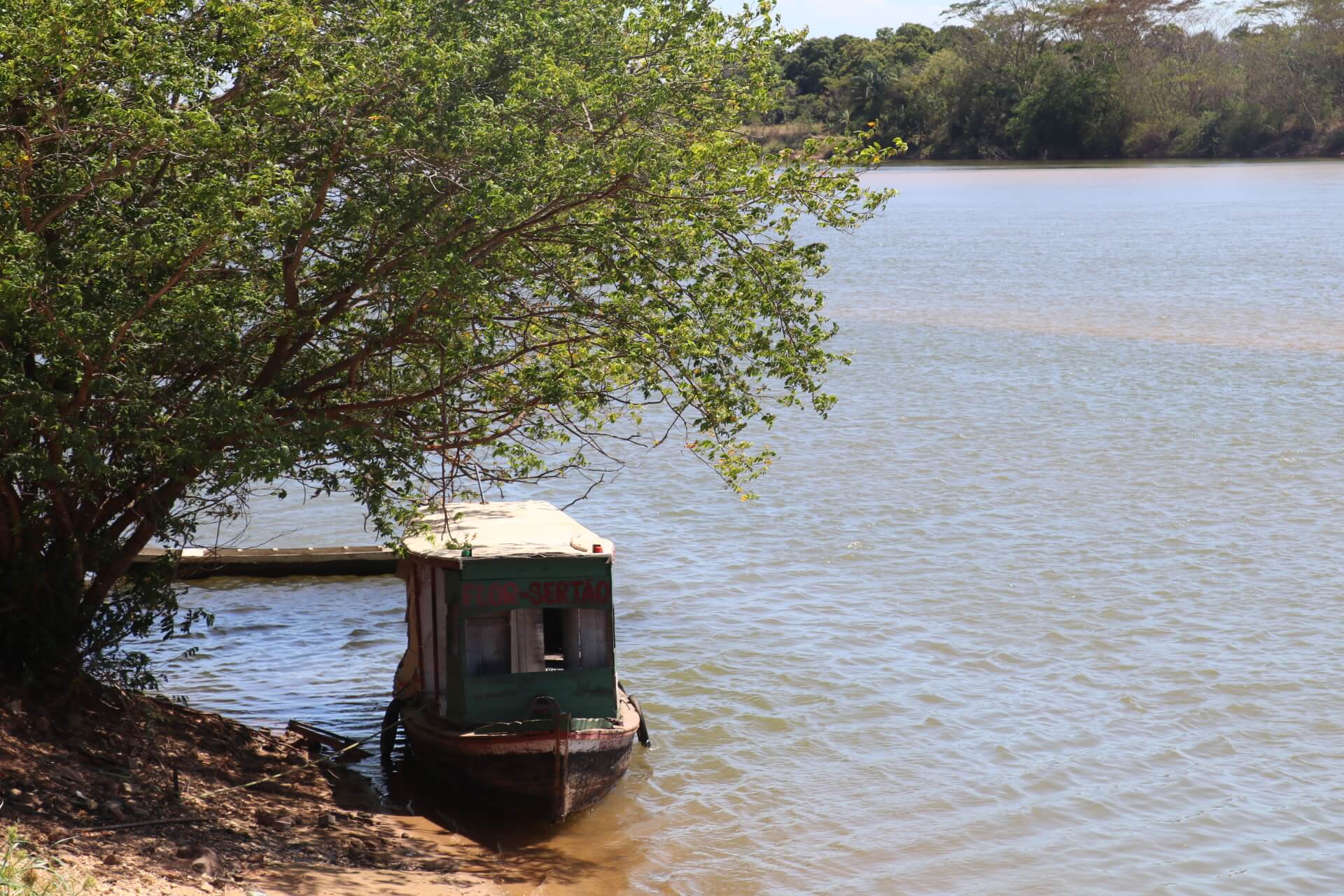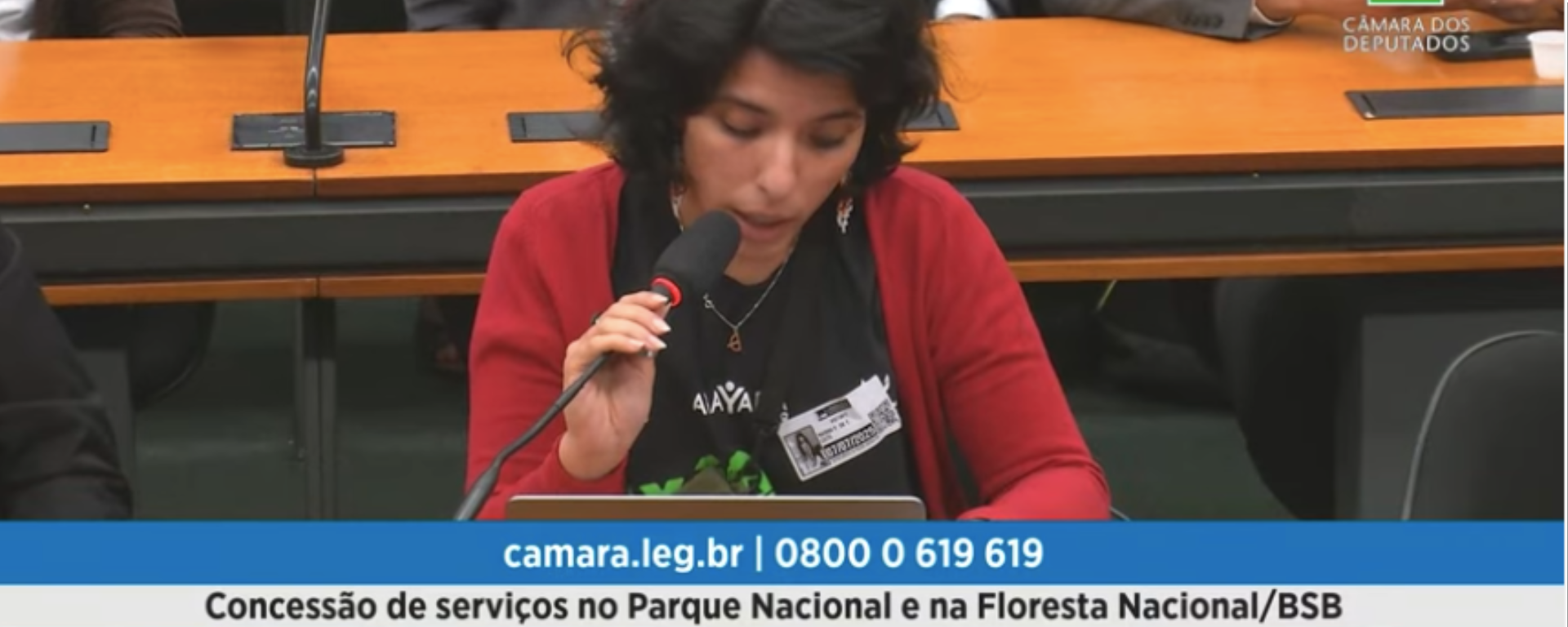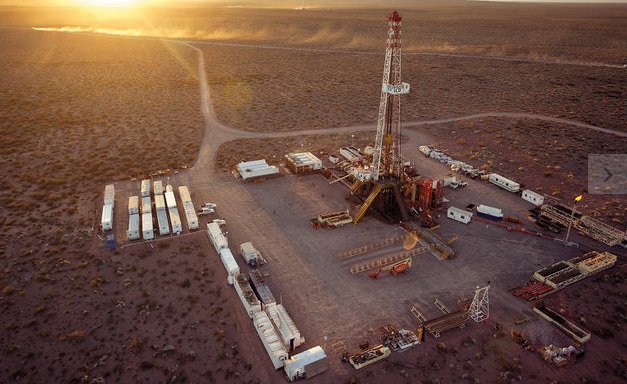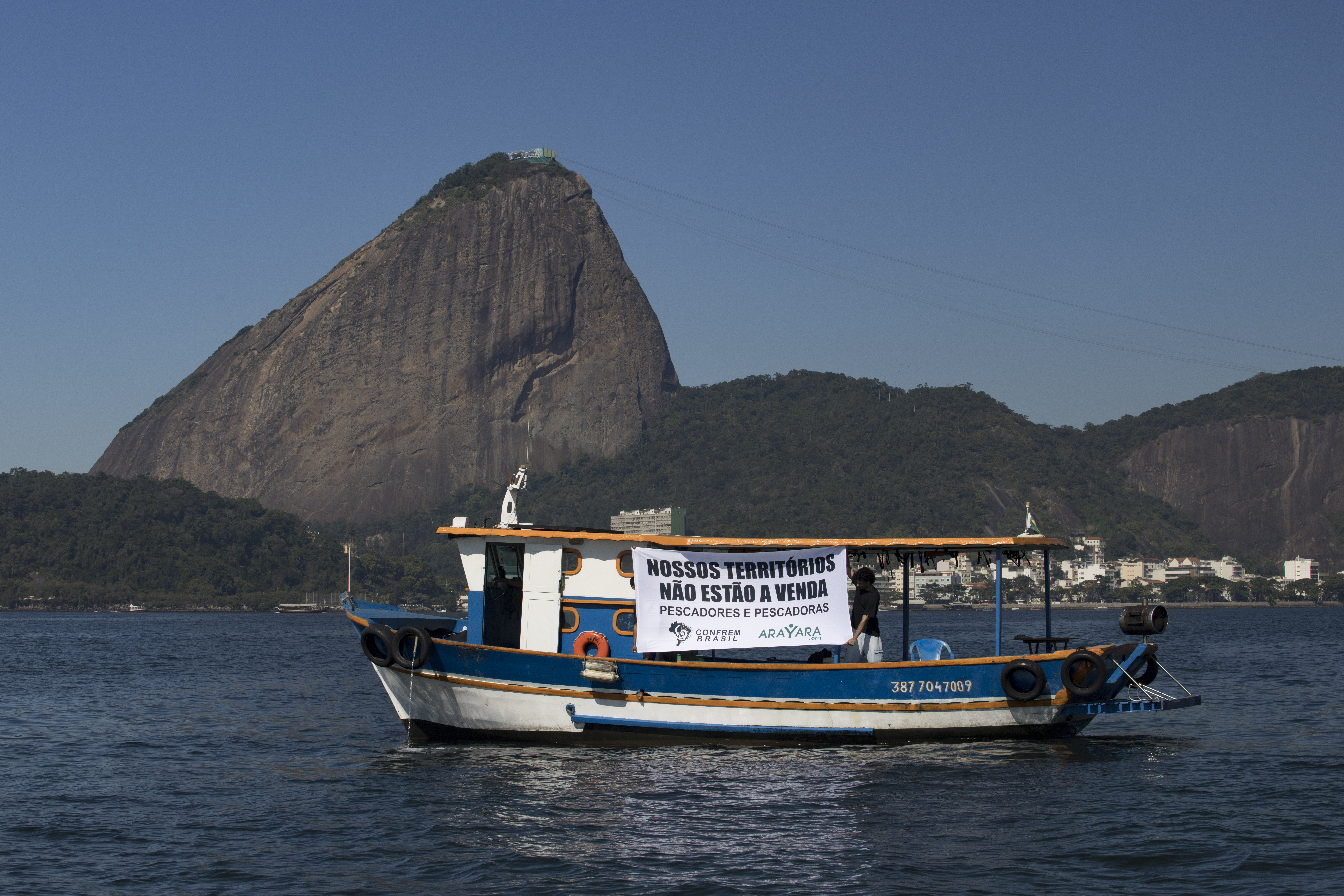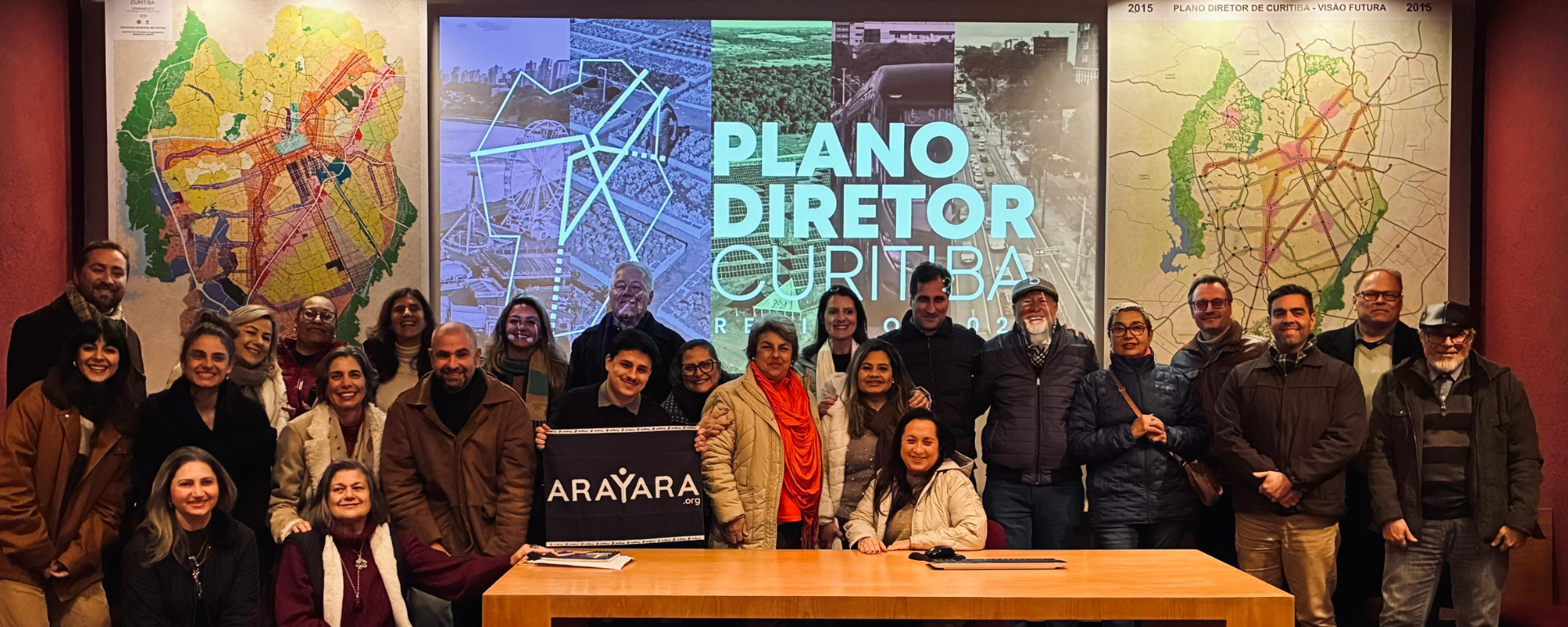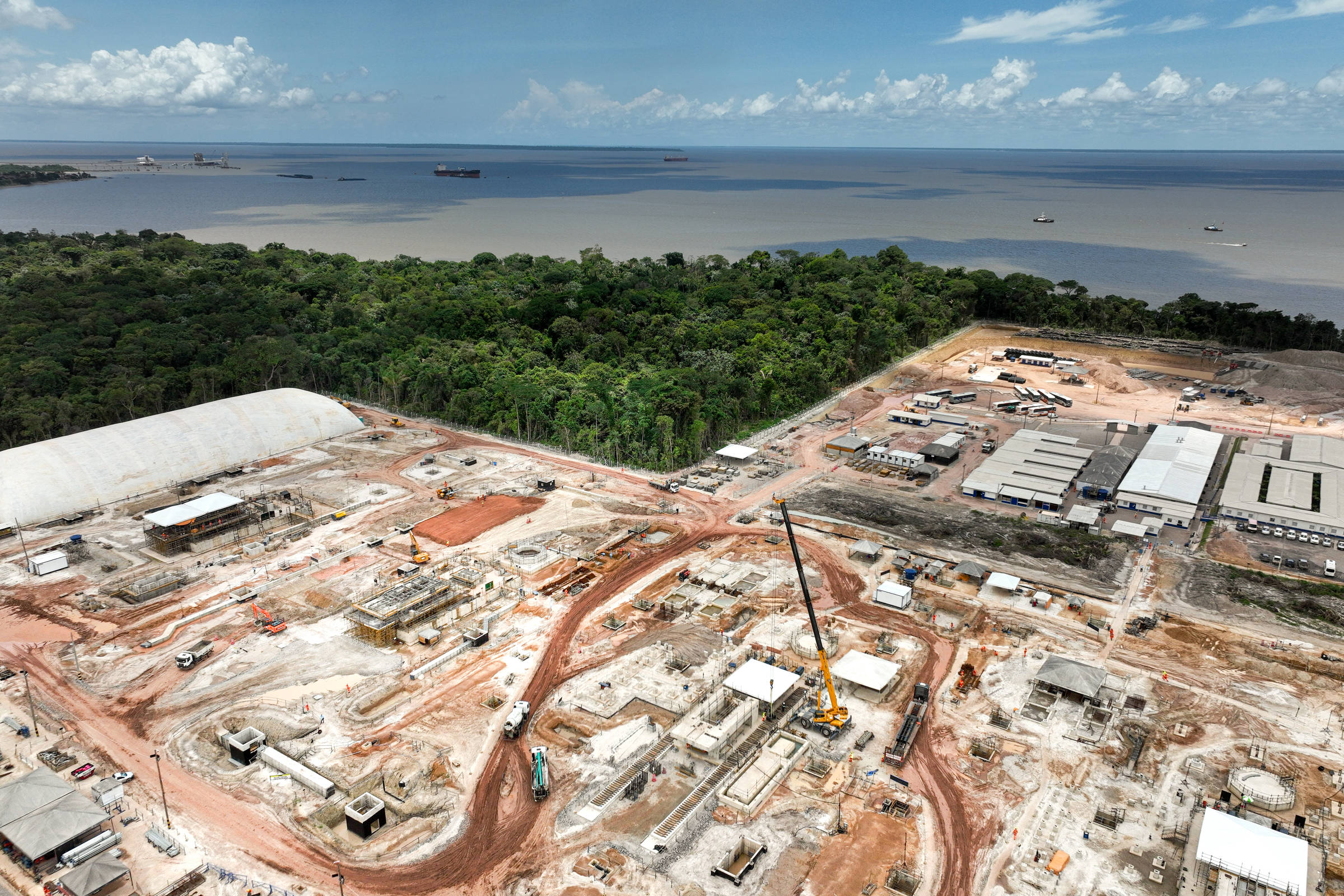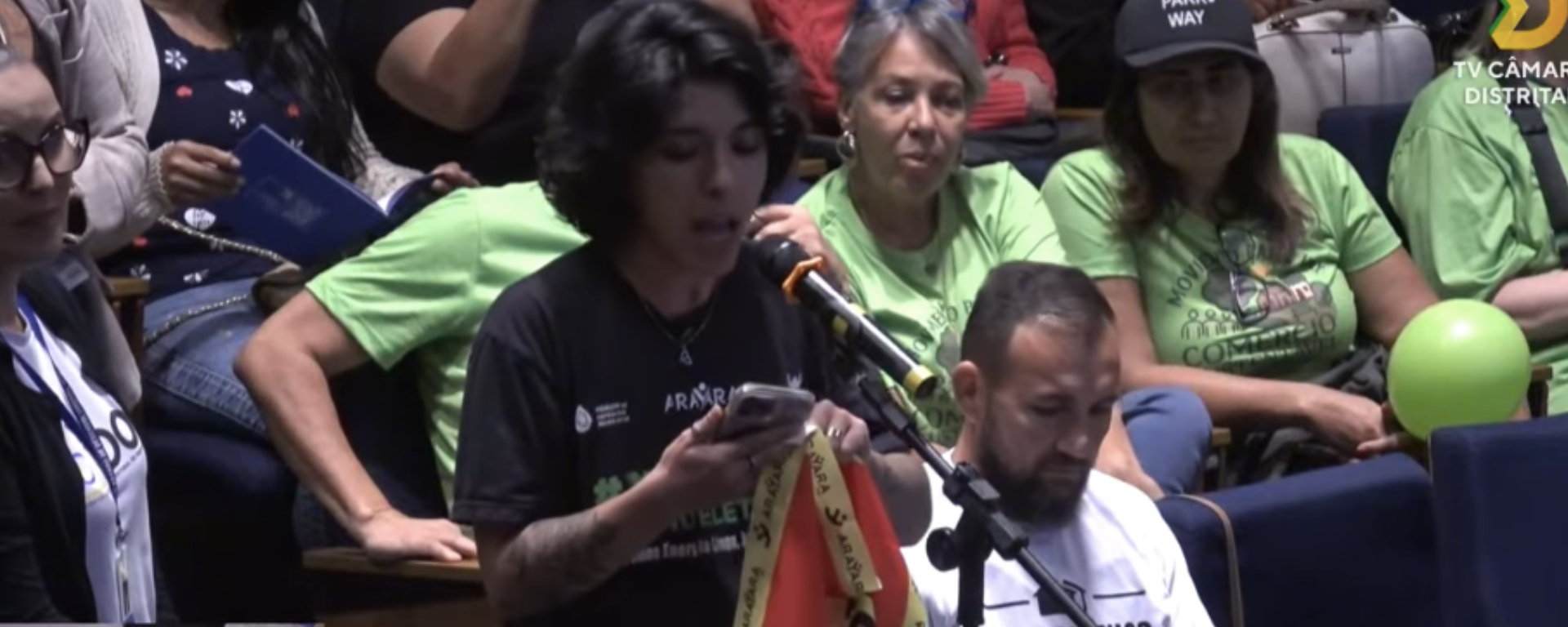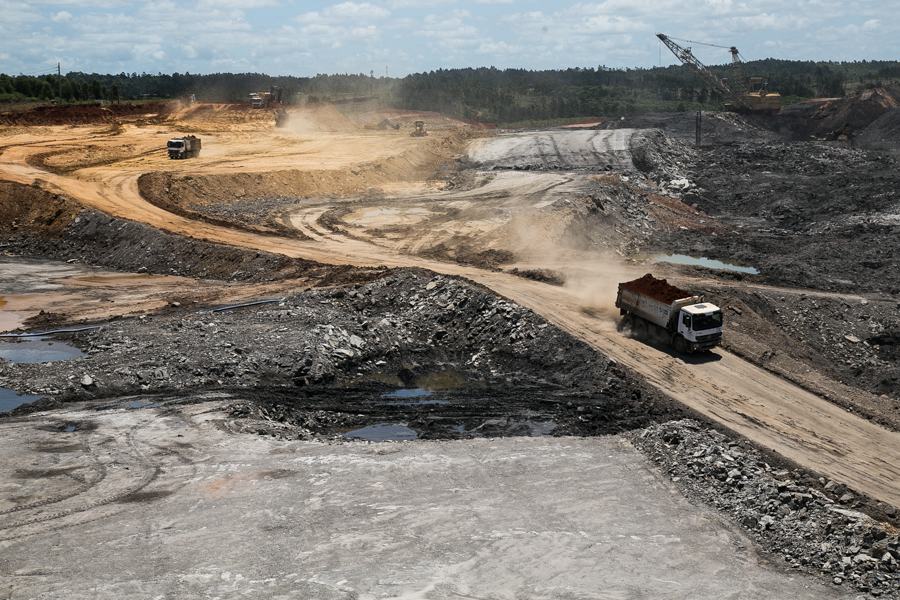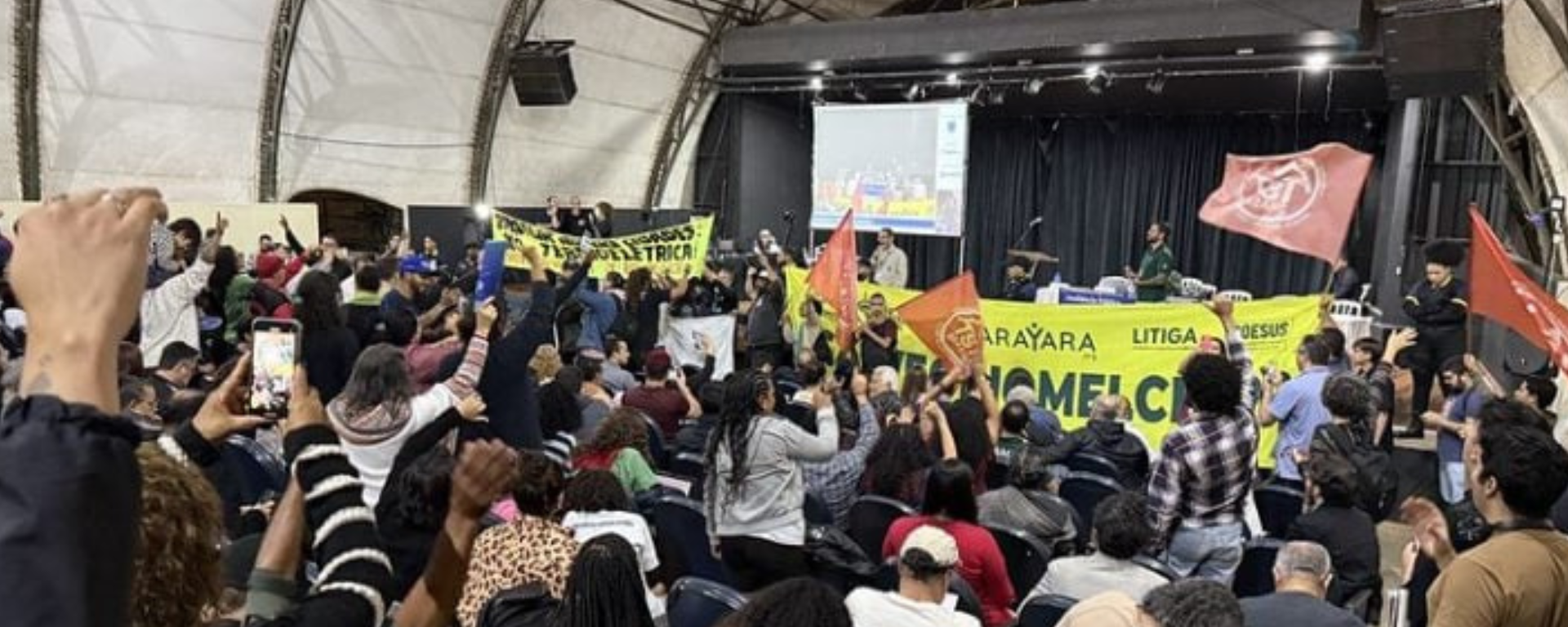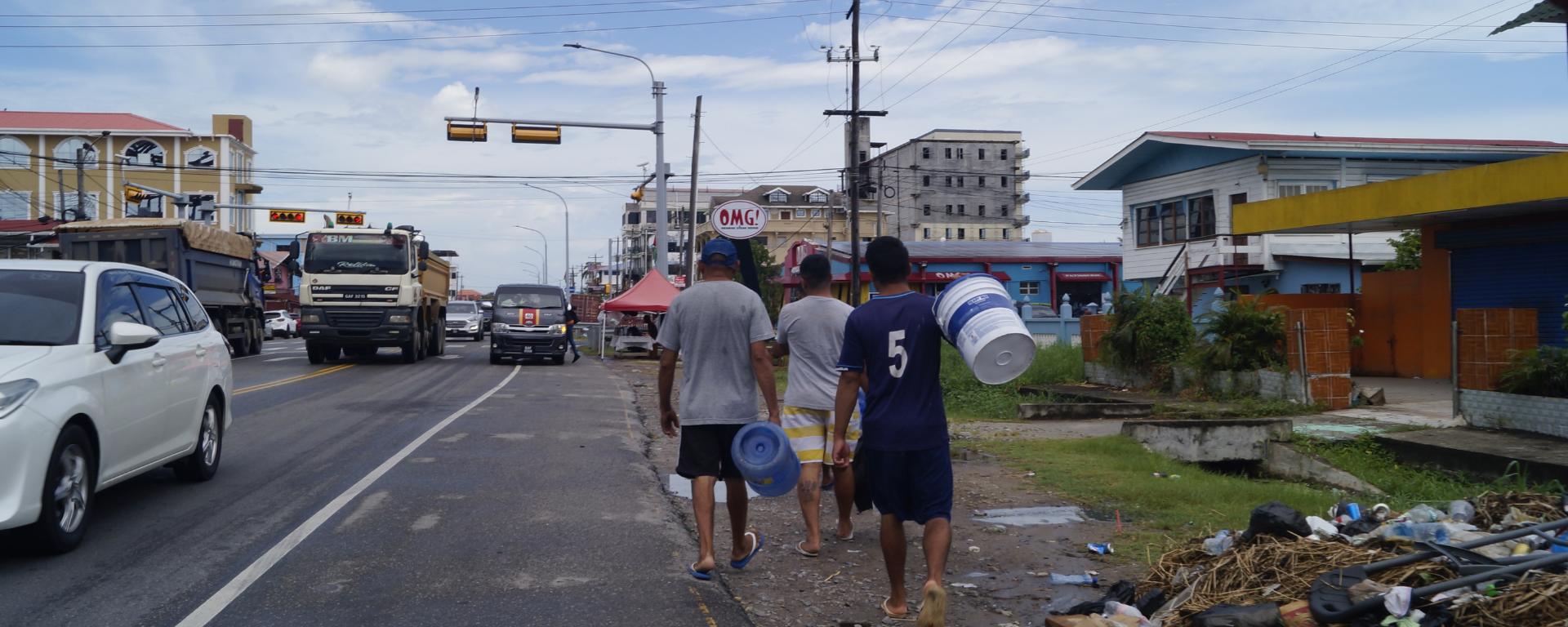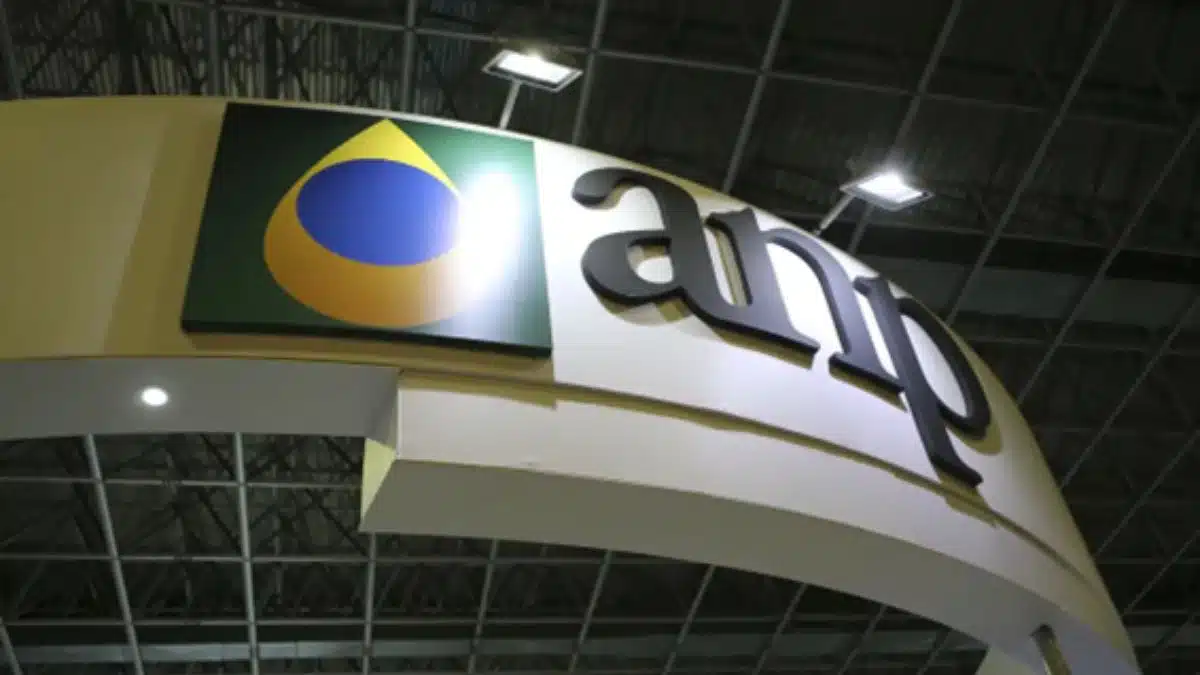The municipality in Maranhão participated in a lecture by fracking expert Esmeralda Gusmão
What is fracking?
Fracking – also known as hydraulic fracturing – is a process that involves injecting large volumes of water, chemicals, and sand at high pressure into underground rock layers to release trapped natural gas. Although this technique is already used in several countries, it is controversial due to its environmental and ecological damage, including groundwater contamination, greenhouse gas emissions, induced earthquakes, etc.
On the banks of the great Parnaíba River, adorned with beautiful squares and various carnauba palm trees. Carnauba palm, abundant in the region, is a palm tree that produces wax, oil, and other valuable products. This is a brief description of the municipality of Parnarama in Maranhão. The city is famous for its June festivals, where typical dances, quadrilles, food and beverage stalls, and other activities are held.
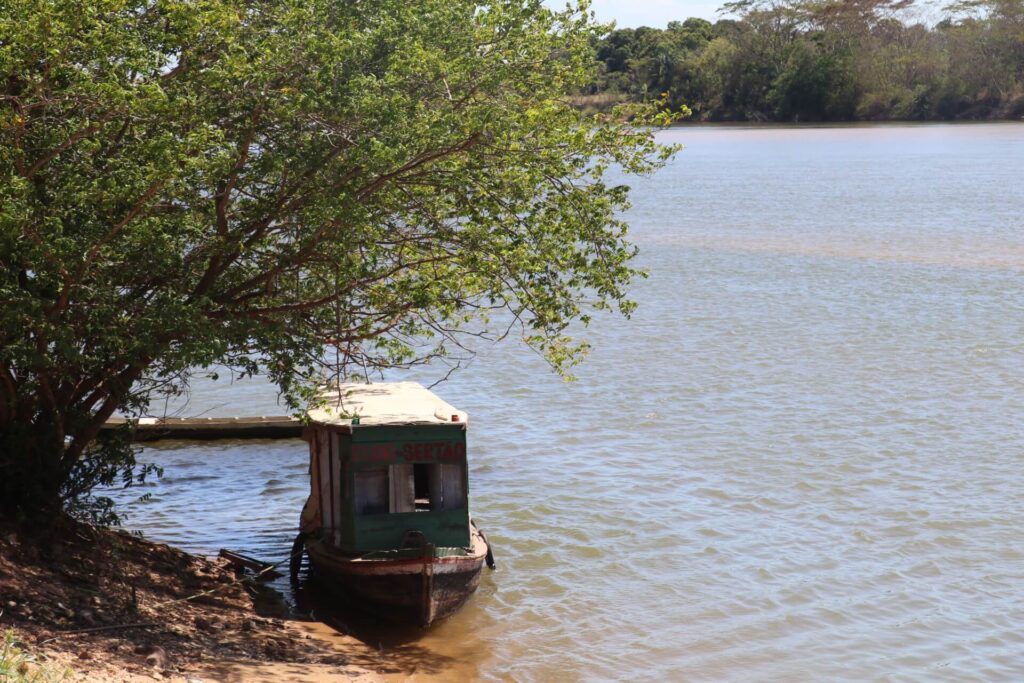
Parnaíba Riverbanks
The COESUS team – No Fracking Brazil Coalition for Water and Life, a campaign by the Arayara International Institute, conducted a training session with the rural workers’ union of Parnarama. The union leaders listened to the words of expert Esmeralda Gusmão about the risks that the “Gas of Death” (the popular term for shale gas extracted through fracking) poses to agriculture and the socio-environmental impacts on workers.
Fracking is a major problem for all sectors but is presented to municipalities as a form of development. This technique has the opposite effect of what companies claim in communities. For example, one can analyze the situation in the province of Neuquén, Argentina, where fracking has been in place for many years and observe the decline in the fruit-growing sector, particularly apple cultivation.
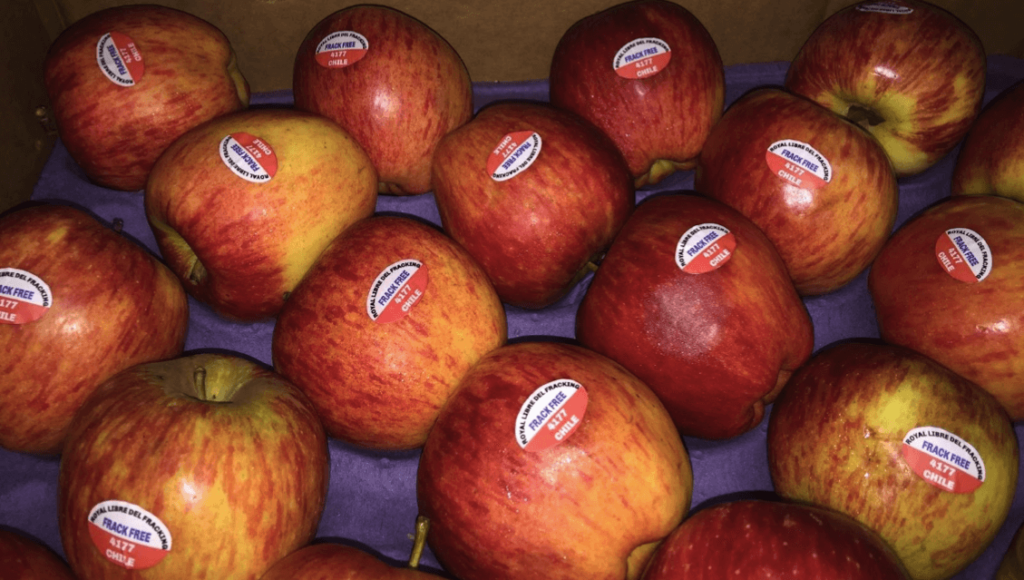
Maçãs chilenas com o selo “Frack Free” (Livre de Fracking)
The team was received at the city council by Councilor Miguel, who discussed with COESUS the planning of a public hearing on fracking. The main damages caused by fracking include:
- Chemical contamination: Fracking involves the use of a mixture of chemicals, water, and sand injected under high pressure into the ground to release natural gas. These chemicals can contaminate groundwater and surface water, causing harm to human health and the environment.
- Water scarcity: The fracking process requires large amounts of water, which can lead to water scarcity, especially in areas with limited water resources.
- Bacterial contamination: Increased industrial activity, including fracking, can increase the concentration of harmful bacteria in water, raising the risk of diseases.
- Natural gas leaks: Natural gas leaks during the injection process can contaminate water and air and pose a risk of explosions.
- Earthquake risk: The injection of water and chemicals under pressure into the ground can cause earthquakes, which can affect the quality of groundwater.
The fracking industry is a major water consumer, directly competing with agriculture, commerce, industry, and water for public consumption. Millions of liters of water are used for each drilled well. The water that returns from fracking is known as flowback, and after separating the gas, it is stored in open-air ponds where it evaporates, receiving direct solar energy and causing acid rain that contaminates crops and the entire surrounding region.
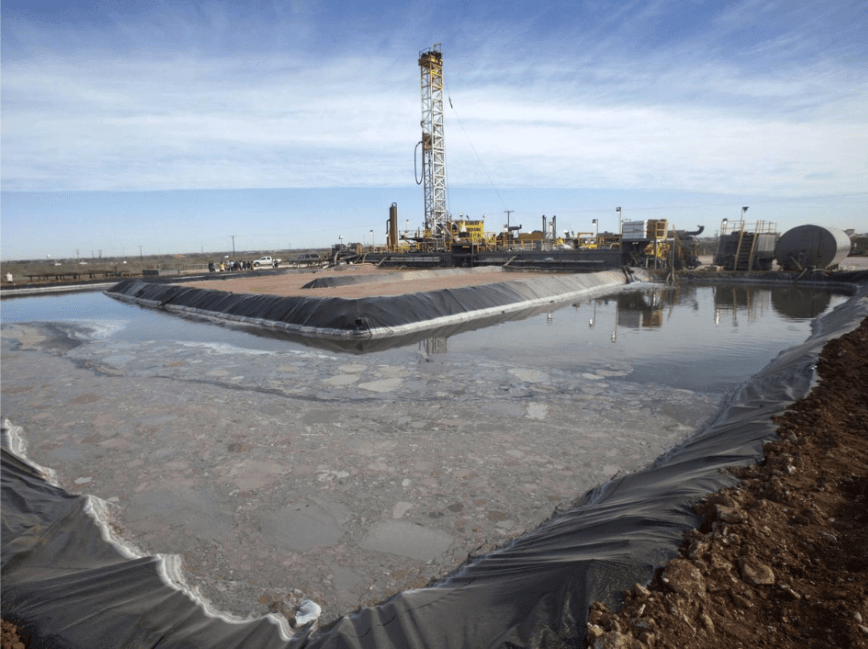
Open-air flowback pond
